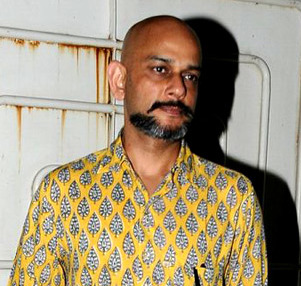A Quote by Kanika Dhillon
In a film we have limited time and space to say what we have to, hence the visual language and brevity needs to be paramount. In a novel, however, we can dissect each thought and emotion and build on it.
Related Quotes
Organizing time is exactly like organizing space. Just as a closet is a limited amount of space into which you must fit a certain number of objects, a schedule is a limited space into which you must fit a certain number of tasks. Each day and each week is simply a container, a storage unit with a definite capacity. The trick is to treat time not as an abstraction but as something solid that you can hold on to and move around.
One thing that you and I know is language. Another thing that you and I know is how objects behave in perceptual space. We have a whole mass of complex ways of understanding what is the nature of visual space. A proper part of psychology ought to be, and in recent years has been, an effort to try to discover the principles of how we organize visual space. I would say that the same is true of every domain of psychology, of human studies.
I'm a big fan of fiction film where you have a story and you have to transform that into a visual language, basically working with actors and also transforming that into how you pronounce that in the visual language of the shots, the construction of the shots and the lighting. All of that appealed to me from the beginning of my career at the university. When I graduated from the university, I wanted to deal mainly with that, with the visual aspect of the movie.
There is nothing mysterious about space-time. Every speck of matter, every idea, is a space-time event. We cannot experience anything or conceive of anything that exists outside of space-time. Just as experience precedes all awareness and creative expression, the visual language of our photographs should ever more strongly express the fourth dimensional structure of the real world.
The world is MADE up of language. We can SAY that the world is composed of little demons doing calisthenics, each one the size of a pissant's eyebrow.... Or we can SAY the world is made of tiny wave mechanical packets of matter hurling through space at near the speed of light.... But notice that what we get each time are WORDS.
One of the great intellectual mistakes Einstein made is that he thought that space and time are physically or ontologically entangled. In the present non-spatial universal computational program, space and time happen to be entangled to the extent that, under certain unique circumstances, changes in spatial measurements indicate changes in temporal ones. However, a change in the program itself may cause space and time to disentangle.



































